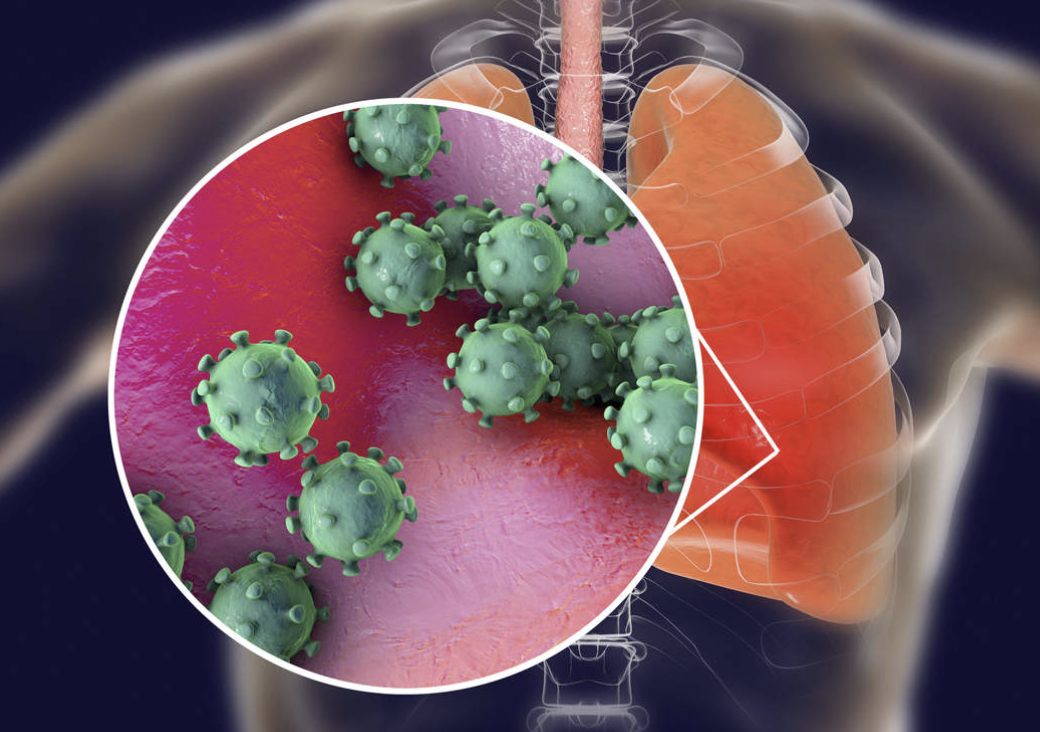COVID-19 Concerns Are Interrupting Cancer Treatment – What Can Be Done About It:
With the COVID-19 Pandemic making a major impact on the cancer landscape, Dr. Len Lichtenfeld discusses how the coronavirus is impacting the patient’s cancer treatment and what can be done to navigate it.
COVID-19— which stands for coronavirus disease 2019 and is caused by a virus named SARS-CoV2 is a serious illness for anyone, and especially so for patients with cancer.
Cancer treatments, particularly those that specifically weaken the immune system, leave patients with cancer more susceptible to the ravaging effects of the corona- virus and can lead to death in a larger proportion of these patients who become infected compared with the general population.
That’s one reason that measures to protect these patients from the virus are going beyond the hand- washing and social distancing recommended for everyone and actually affecting treatments for the cancer itself.
Cancer care will be disrupted during this pandemic. In some parts of our country, cities will be severely affected, and the resources of health care teams and their supporting services such as labs, radiology departments and operating rooms will be diverted elsewhere to serve the needs of those in immediately life-threatening circumstances.
At the American Cancer Society call center, about 80% of the calls are now related to coronavirus questions. Patients are seeing their treatments disrupted with delays or are having surgeries and radiation therapy sessions canceled.
Some are questioning the safety of their oncologists’ offices, where patients and caregivers sit close together or may have to share a single bathroom. Cancer survivors are asking whether, as health care workers themselves, they can even go to work.
Cancer centers are literally reacting to the changes demanded by coronavirus on a day-to-day basis. This is truly uncharted territory, with no road map on how best to respond.
For some patients, such as those with a small, non-invasive and non-aggressive ductal carcinoma in situ breast cancer, surgery may be delayed while anti-hormonal treatment is started earlier.
For others, such as patients with acute leukemia or advanced lymphoma, where time is of the essence, there is little doubt that their care will be prioritized.
Many centers are moving patients to virtual visits when the situation allows.
Reconstructive surgery after breast cancer may be delayed, since operating suites are being closed and ventilators moved to acute care.
And, unfortunately, we are hearing the difficult stories from patients whose treatment may not be considered lifesaving and therefore has been canceled for the immediate future.
Difficult decisions are going to be made, especially in communities where the virus is rampant. These aren’t easy choices; however, they are necessary choices, since in some cases there are no other options.
No health professional ever thought they would have to have these conversations; no patient or caregiver ever thought they would have to hear them.
We don’t know today what the total impact of the COVID-19 pandemic will be on cancer care, clinical trials and outcomes.
It will take years of study to figure out whether we were able to meet the challenge or suffered negative outcomes that would not have been dreamed of even a few short weeks ago.
As trite as it may sound, we are indeed all in this together—every one of us.
If we stay focused and committed, we will get through this and continue back to our lives with some degree of routine and normalcy.
That is our prayer and that is our hope.
The CyberKnife Center of Miami continues to treat cancer during COVID-19 while taking all safety precautions to protect our patients from illness.
Call our oncology team if we can help you-
305-279-2900

